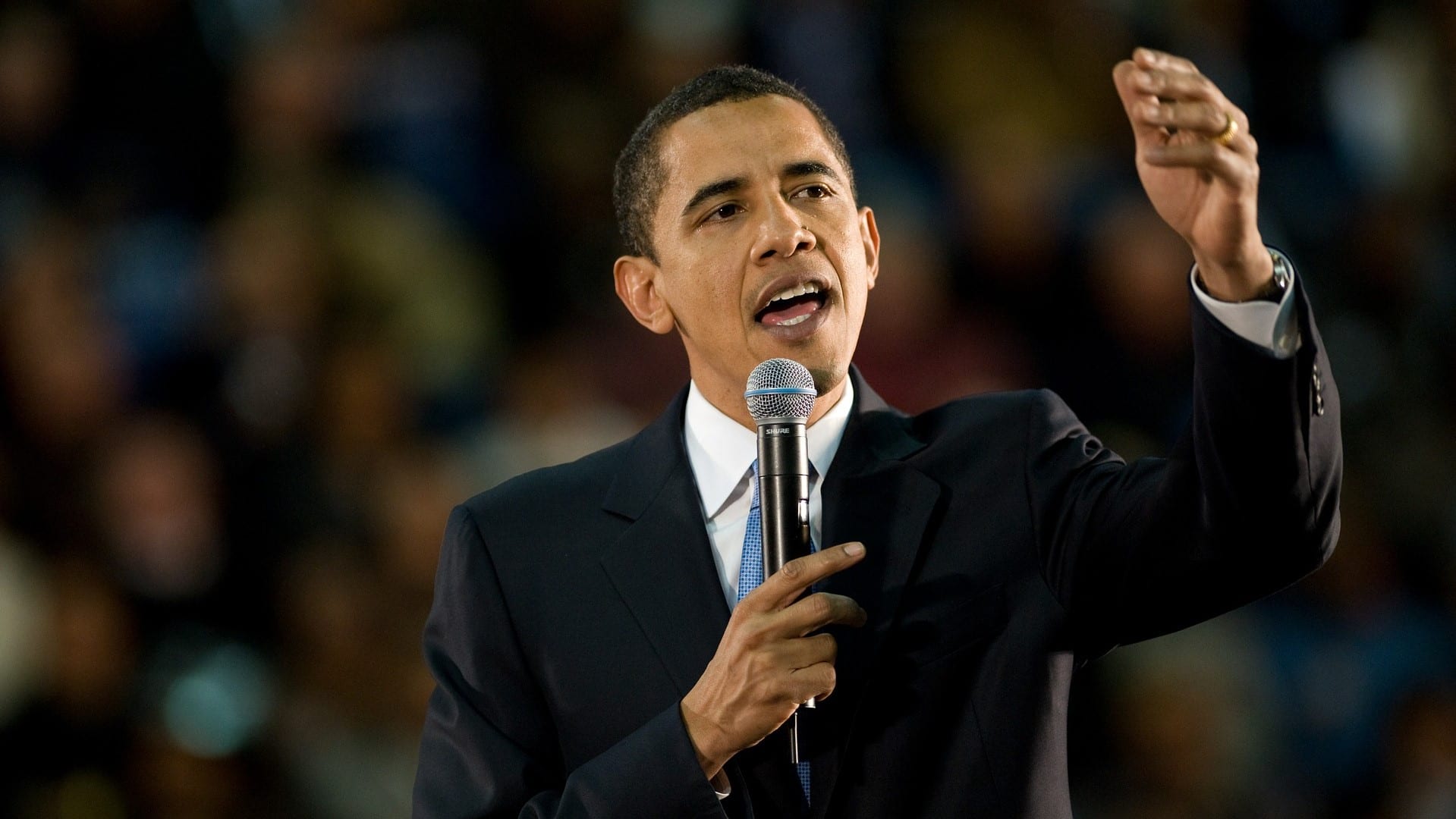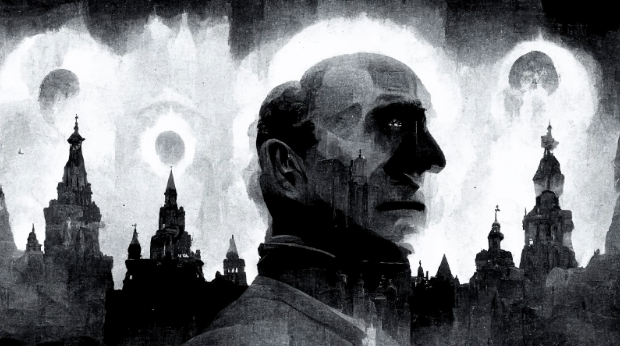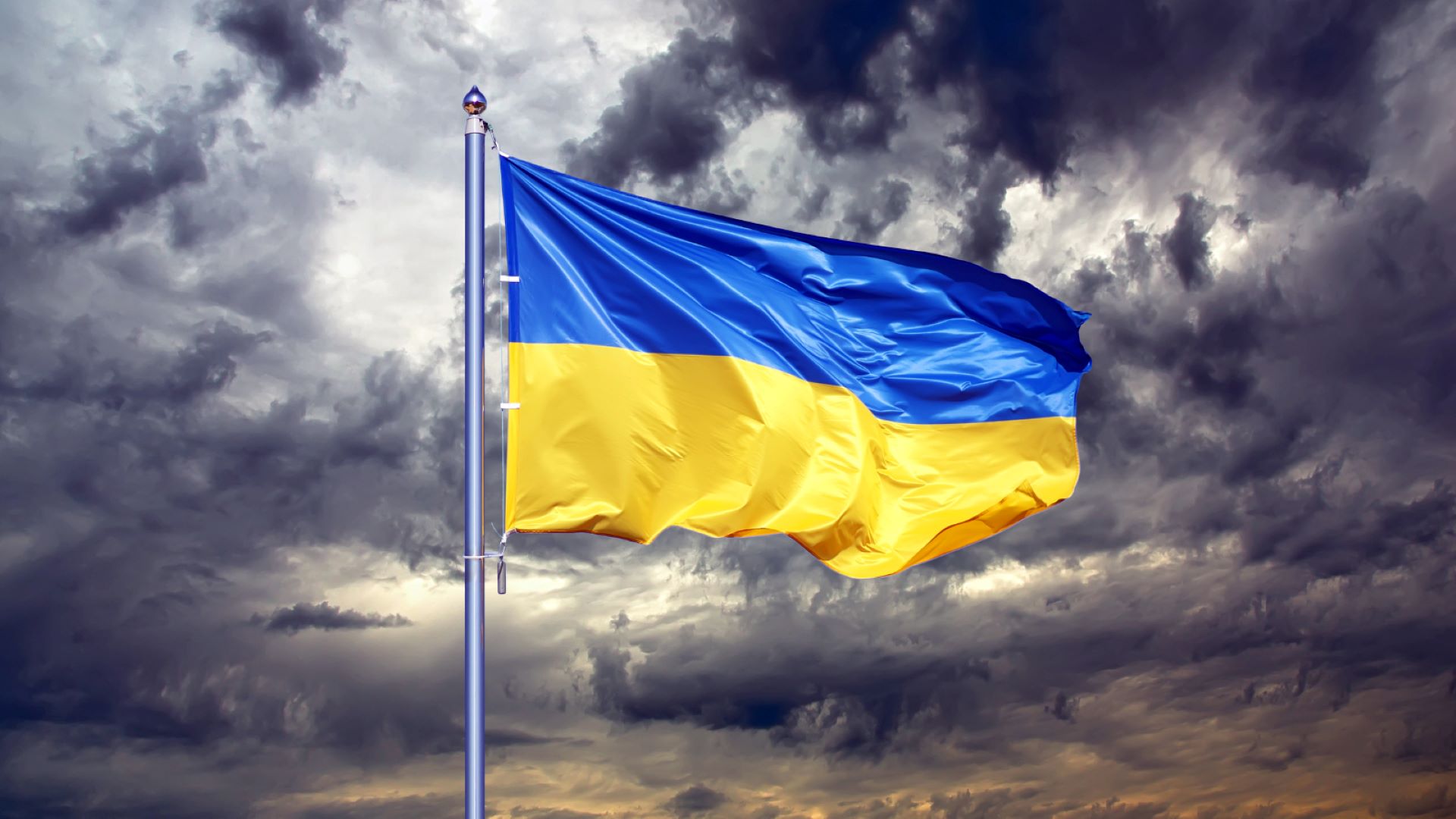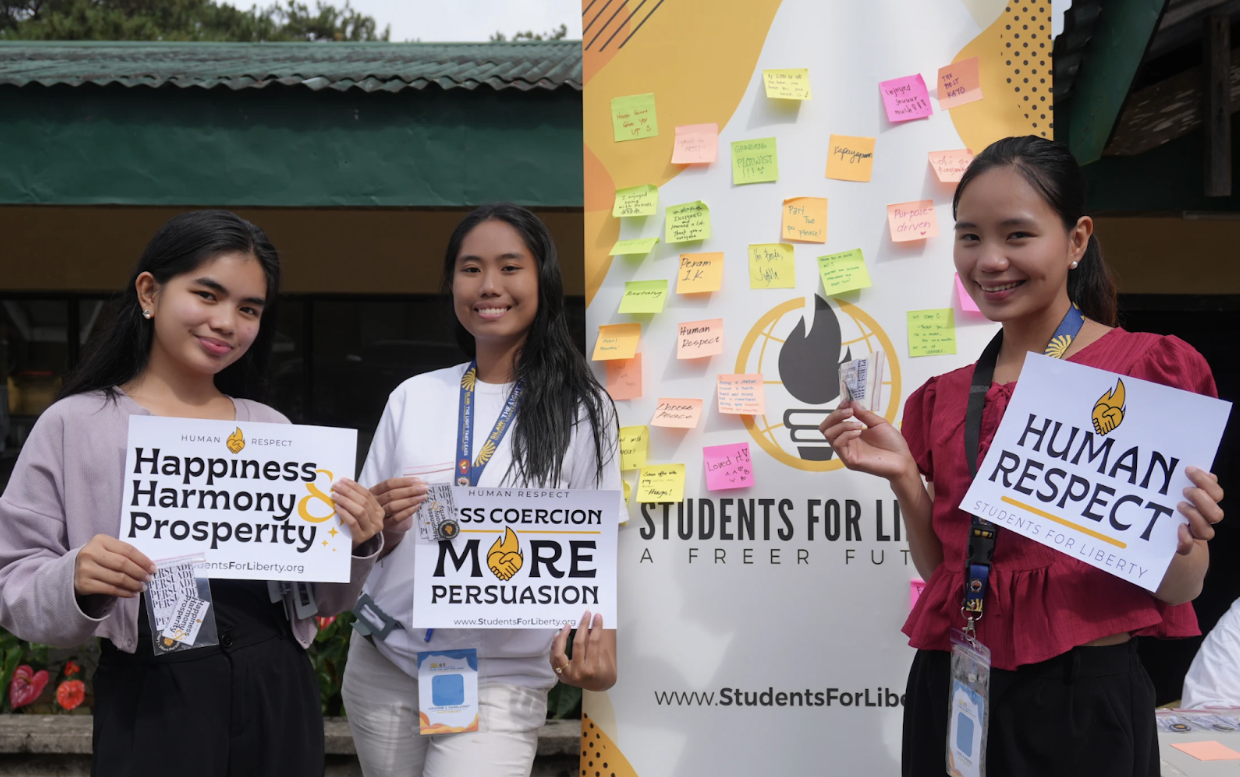By Conor McGarry
Since the dawn of the 21st century, the United States has started two major wars in Iraq and Afghanistan, and has become involved in numerous proxy wars, encroachment, and warmongering. Part of the reason Barack Obama was elected was on the promise to reverse U.S. aggression that had increased under President George W. Bush.
But Obama’s foreign policy differed very little from that of President Bush. His actions showed the same antagonistic, warmongering, and expansionist outlook as his predecessors.
Part of the problem lies in the fact that Western nations’ negotiations with non-Western states are rooted in a sense of Orientalism and Western exceptionalism, especially where America is concerned. The idea of “American exceptionalism” claims that the United States is different from both its ancestral roots in Europe and the rest of the world, and must spread American political, economic, and social elements globally.
This sense of exceptionalism is deeply rooted in American policymaking, and has helped guide the actions taken with regard to countries like Iran, China, India, and international organizations such as the U.N. The warmongering associated with this idea of exceptionalism has helped to create conflict both within and outside of the Western bloc.
President Obama increased U.S. military activity
For the most part, the Obama administration continued the escalation of American military action and lessened the use of diplomacy in foreign policy. There was a record $200 billion in arms deals, more than any other president, the proliferation of drone strikes as a regular military tactic, and the antagonization of China with a missile defense system.
President Obama also failed to deal with the overblown defense budget, even increasing it by billions, which diverts attention from other, domestic problems. Obama also continued the War on Drugs, which is nothing more than a multi-billion dollar cloak for military expansion in Latin America. But the drugs still flow to the United States, leaving behind thousands of corpses in their wake.
The January 2012 Defense strategy review, which made some modest reductions, still left the United States military as an unparalleled power, even while traditional military targets became increasingly rare.
The plan did call for reducing large-scale wars like Iraq, and an increased emphasis on diplomacy and focus on the domestic economy; however, it also outlined increased military commitment in Asia, with a new Marine base in Australia, a large scale naval presence in the Pacific, and new arms sales to Taiwan, South Korea, Japan, and other U.S. allies in the region for the purpose of containing China’s military.
Despite the (slow) withdrawal of troops from Iraq, under the Obama administration, the U.S. strengthened its network of military bases in the region, and pursued record arms sales in the Middle East and the Persian Gulf.
Antagonizing Russia
The United States also began to pursue an aggressive approach to Russia after violent conflicts in Ukraine. On December 18, 2014, President Obama signed the Ukraine Freedom Support Act, which allowed the U.S. to impose economic sanctions on Russia, and gave Ukraine up to $350 million in military aid to resist pro-Russian rebels.
Aside from the domestic damage resulting from reduced trade, the restrictions had the potential to further injure the Russian economy, which had been struggling with a devalued currency and falling oil prices.
Make no mistake, despite his “cool” demeanor, Obama carried on the tired Bush-era foreign policy of warmongering, doing nothing to repair the damage to America’s reputation suffered in the early 21st century. Now that his vice-president is currently the head of state, let’s hope that Joe Biden hasn’t picked up too many tricks from his old superior.
To read more about the costs of war, be sure to check out our cluster page by clicking on the button below.
Updated by Joseph Simnett
This piece solely expresses the opinion of the author and not necessarily the organization as a whole. Students For Liberty is committed to facilitating a broad dialogue for liberty, representing a variety of opinions.









